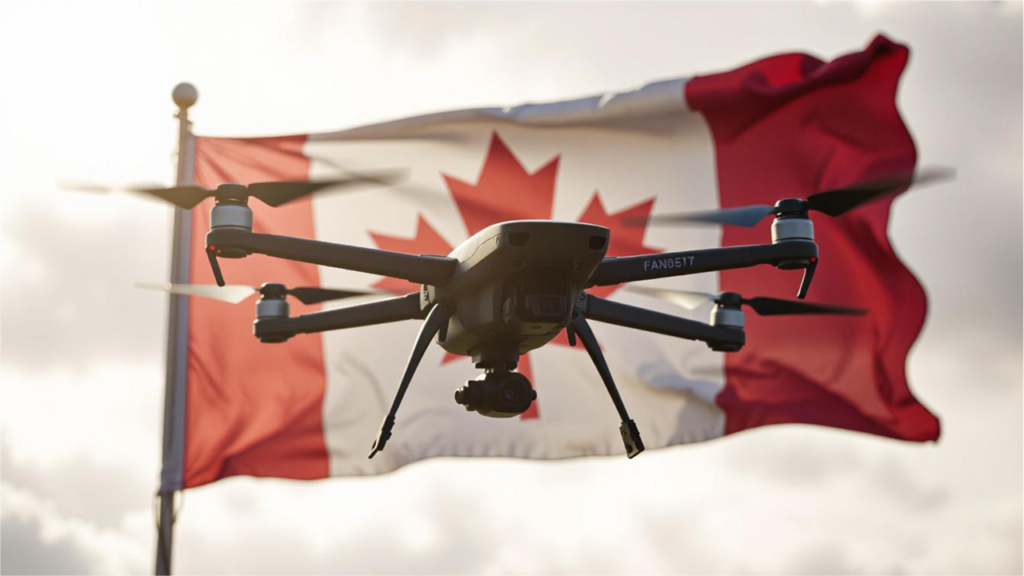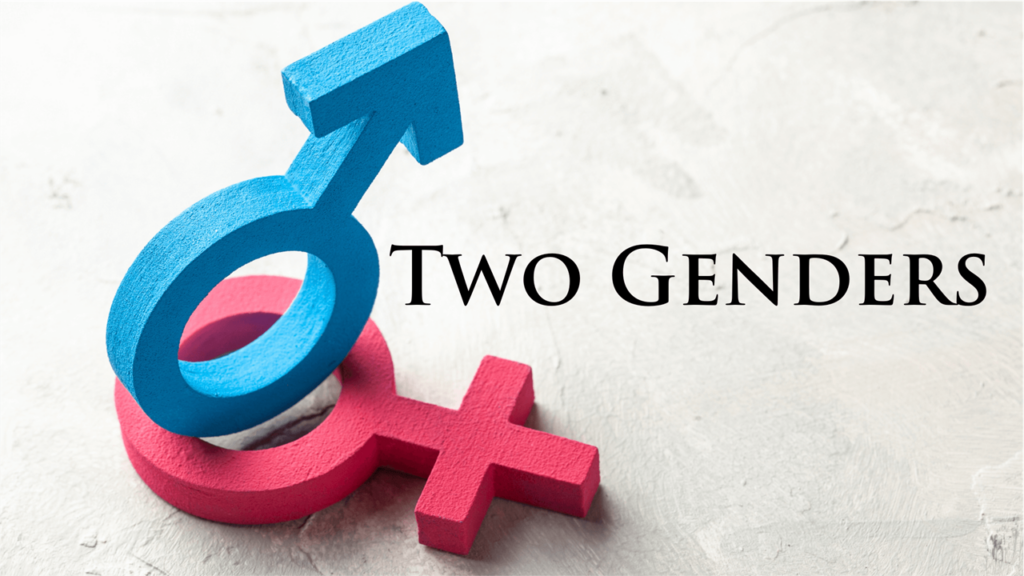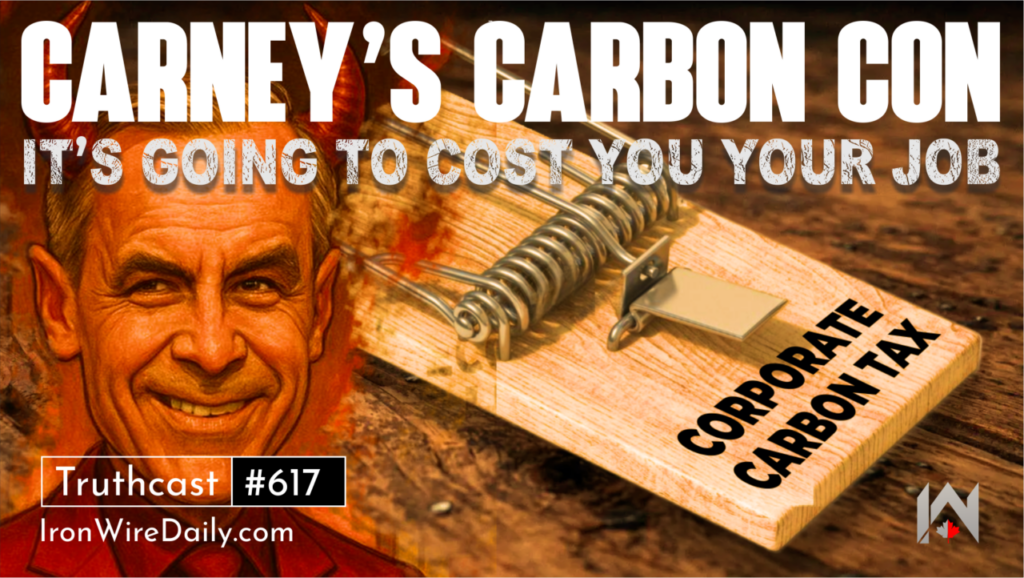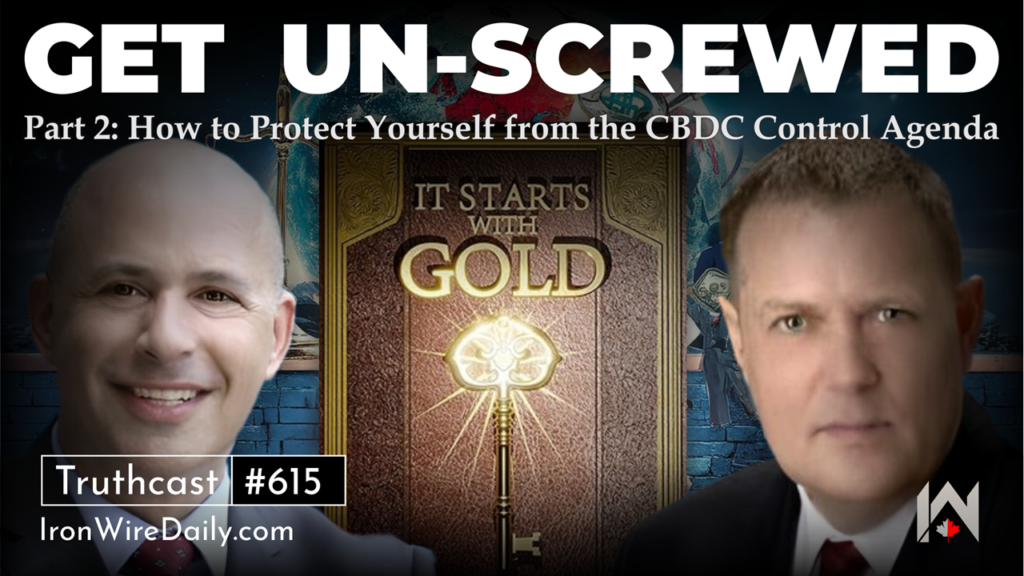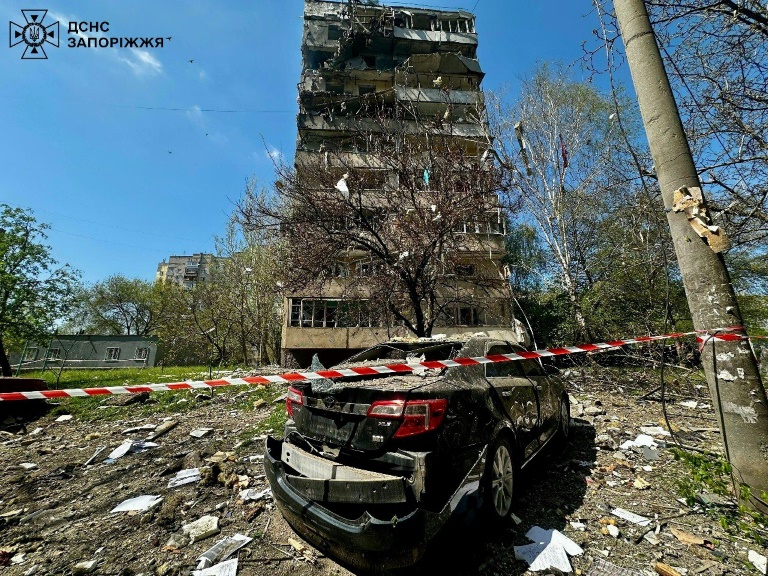Trump’s Tension With Courts Rise as Admin Seemingly Ignore Orders: What Happens Next?
The Trump administration has come into question recently for seemingly ignoring numerous court orders. As experts warn this could lead into a full-blown constitutional crisis, others raise the question: what would happen if he does?
The issue first came into the spotlight after President Donald Trump invoked the Alien Enemies Act to quickly deport Venezuelan migrants to an El Salvador prison. The presiding judge of the case, James Boasberg, chief judge of the federal district court in Washington, D.C., directed the government to turn the planes carrying migrants back to the U.S.
The administration did not do that, claiming it was too late to turn the planes around, though highlighting they did not deliberately defy the judge. Boasberg has since pressed the government for more information, and on Friday, he will hold a hearing to consider the matter further.
In a separate case, the federal judge presiding over the case of Kilmar Abrego Garcia, the man the government wrongly deported to El Salvador, chastised the administration Tuesday for its inaction amid signs she would also consider whether to hold officials in contempt.
But if it is found that the administration deliberately defied the order, what happens next? Courts aren’t powerless, and in fact, they could punish the executive branch in an effort to force compliance.
Federal courts have broad discretion to determine whether a party is in contempt of court, according to the Brennan Center, a nonpartisan law and policy institute. The process would start with a judge issuing an order to show cause, which would essentially direct the government to explain why they appear to not be complying with an order, Axios reports.
In civil contempt proceedings, which is outside of the president’s pardon power and seeks to force a party to comply, the court has “really wide discretion” to choose remedies, which could include setting fines, freezing assets and, ultimately ordering an arrest, David Noll, a law professor at Rutgers Law School told Axios. Arrests would typically only occur when other remedies have been tried but failed.
“Although civil contempt can involve being jailed until the person complies with the court order, that is enforced by the United States Marshals, who are part of the Department of Justice and thus under the president’s control,” wrote Erwin Chemerinsky, the dean of the UC Berkeley School of Law in a New York Times op-ed.
If an improper effort to block the Marshals from conducting their duty occurs, there is a rarely used authority that allows a court to deputize different law enforcement officers to carry out their orders.
But he noted, “you have to really sort of go back to the wild west” or the early 20th century “to find cases where private parties or law enforcement officers other than the Marshals were being used to enforce federal court orders.”
Nevertheless, experts believe that it is unlikely that, if found to be openly defying the orders, any Trump official will face consequences for their actions, at least so long as Trump is president.
A recent Vox op-ed highlights Founding Father Alexander Hamilton’s views on the judicial branch, a statement that could be highlighted if tensions between the administration and the courts continue.
“In a famous essay on the courts, Alexander Hamilton argued that the judiciary ‘will always be the least dangerous’ of the three branches of the federal government because it ‘must ultimately depend upon the aid of the executive arm even for the efficacy of its judgements,'” the op-ed read.
“Ultimately, if Trump or his subordinates are held accountable for their defiance of court orders, it will be because the courts— or maybe Congress— exercise their authority in ways that Trump cannot stop,” the article concludes.
Originally published on Latin Times
